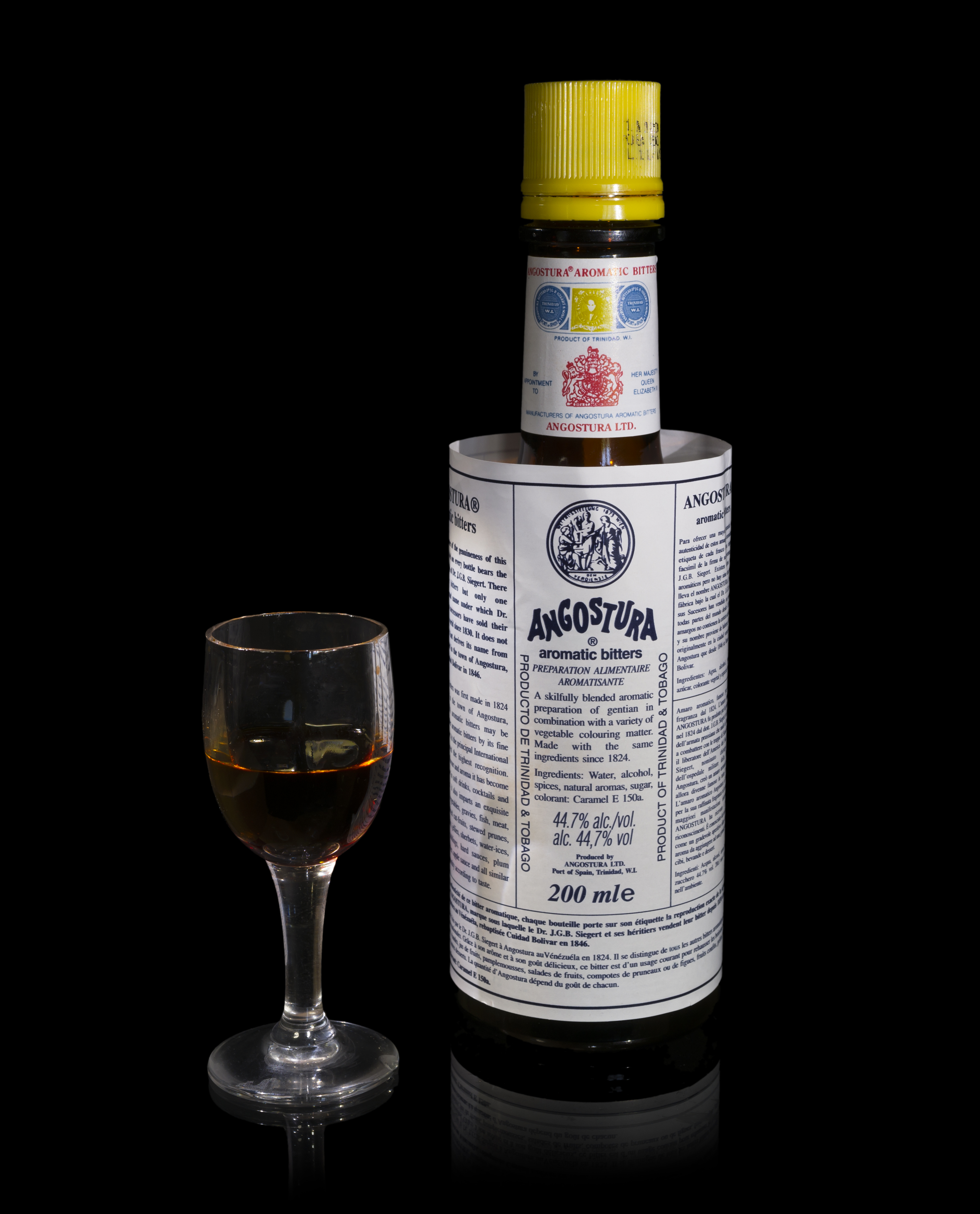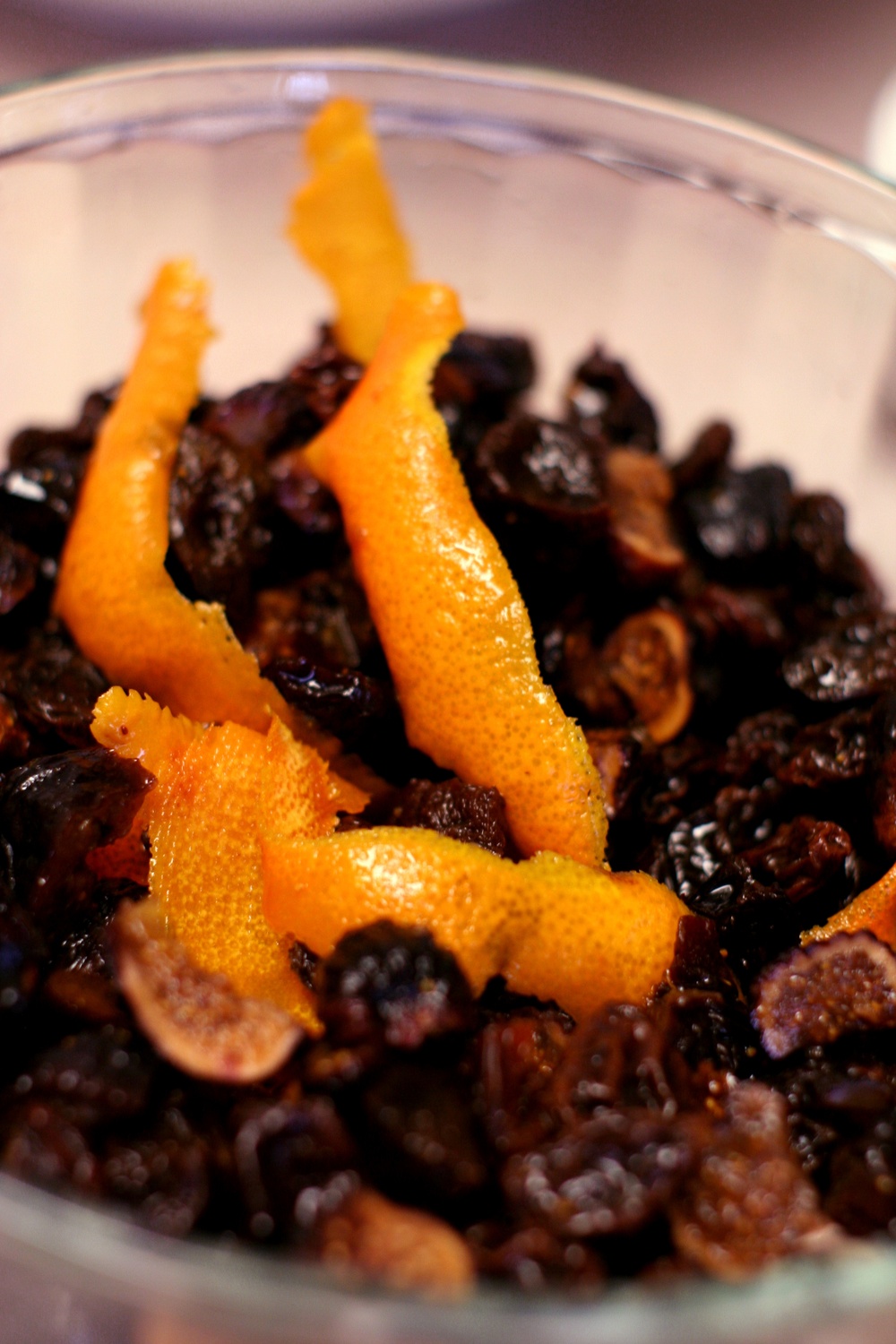|
Blutwurz
Blutwurz is a liqueur made from the root of the common tormentil plant ('' Potentilla erecta''), which derives its German name (blood root) from the color of the juice that emerges when the root is cut. The root provided a traditional anti-inflammatory medicine. Today it is still consumed in the form of tea, syrup, cream, or powder. Most importantly, the Penninger company uses Blutwurz as the key ingredient of an herbal liqueur or Bitters that the company produces in Bavaria. The liqueur is 50% alcohol by volume. To give the liqueur its distinctive taste, Penninger first macerates the root, steeping it in alcohol for some four to five weeks. The resulting liquid is then filtered. The non-use of distillation extracts the root's essential oils, while preserving its flavor and color. One may consume the liqueur as an ''apéritif'', ''digestif'', or ingredient in a cocktail. Producers (non-exhaustive list): *Penninger: Alte Hausbrennerei Penninger Gm*Hieke Zwiesel: Heinrich Hieke ... [...More Info...] [...Related Items...] OR: [Wikipedia] [Google] [Baidu] |
Potentilla Erecta
''Potentilla erecta'' (syn. ''Tormentilla erecta'', ''Potentilla laeta'', ''Potentilla tormentilla'', known as the (common) tormentil, septfoil or erect cinquefoil ) is a herbaceous perennial plant belonging to the rose family (Rosaceae). Description ''Potentilla erecta'' is a low, clump-forming plant with slender, procumbent to arcuately upright stalks, growing tall and with non-rooting runners. It grows wild predominantly in Europe and western Asia mostly on acid soils and in a wide variety of habitats such as mountains, heaths, meadows, sandy soils and dunes. This plant flowers from May to August/September. There is one yellow, w ... [...More Info...] [...Related Items...] OR: [Wikipedia] [Google] [Baidu] |
Bitters
Bitters (plural also ''bitters'') is traditionally an alcoholic preparation flavored with botanical matter for a bitter or bittersweet flavor. Originally, numerous longstanding brands of bitters were developed as patent medicines, but now are sold as digestifs, sometimes with herbal properties, and as cocktail flavorings. Since cocktails often contain sour and sweet flavors, bitters are used to engage another primary taste and thereby balance out the drink and make it more complex, giving it a more complete flavor profile. Ingredients The botanical ingredients used historically in preparing bitters have consisted of aromatic herbs, bark, roots, and/or fruit for their flavor and medicinal properties. Some of the more common ingredients are cascarilla, cassia (Chinese cinnamon), gentian, orange peel, and cinchona bark. Most bitters contain both water and alcohol, the latter of which functions as a solvent for botanical extracts as well as a preservative. The alcoholic stre ... [...More Info...] [...Related Items...] OR: [Wikipedia] [Google] [Baidu] |
Bavaria
Bavaria ( ; ), officially the Free State of Bavaria (german: Freistaat Bayern, link=no ), is a state in the south-east of Germany. With an area of , Bavaria is the largest German state by land area, comprising roughly a fifth of the total land area of Germany. With over 13 million inhabitants, it is second in population only to North Rhine-Westphalia, but due to its large size its population density is below the German average. Bavaria's main cities are Munich (its capital and largest city and also the third largest city in Germany), Nuremberg, and Augsburg. The history of Bavaria includes its earliest settlement by Iron Age Celtic tribes, followed by the conquests of the Roman Empire in the 1st century BC, when the territory was incorporated into the provinces of Raetia and Noricum. It became the Duchy of Bavaria (a stem duchy) in the 6th century AD following the collapse of the Western Roman Empire. It was later incorporated into the Holy Roman Empire, became an ind ... [...More Info...] [...Related Items...] OR: [Wikipedia] [Google] [Baidu] |
Germany
Germany,, officially the Federal Republic of Germany, is a country in Central Europe. It is the second most populous country in Europe after Russia, and the most populous member state of the European Union. Germany is situated between the Baltic and North seas to the north, and the Alps to the south; it covers an area of , with a population of almost 84 million within its 16 constituent states. Germany borders Denmark to the north, Poland and the Czech Republic to the east, Austria and Switzerland to the south, and France, Luxembourg, Belgium, and the Netherlands to the west. The nation's capital and most populous city is Berlin and its financial centre is Frankfurt; the largest urban area is the Ruhr. Various Germanic tribes have inhabited the northern parts of modern Germany since classical antiquity. A region named Germania was documented before AD 100. In 962, the Kingdom of Germany formed the bulk of the Holy Roman Empire. During the 16th ce ... [...More Info...] [...Related Items...] OR: [Wikipedia] [Google] [Baidu] |
Maceration (food)
Maceration is the process of preparing foods through the softening or breaking into pieces using a liquid. Raw, dried or preserved fruit or vegetables are soaked in a liquid to soften the food, or absorb the flavor of the liquid into the food. In the case of fresh fruit, particularly soft fruit such as strawberries and raspberries, the fruit is often simply sprinkled with sugar (and sometimes a small amount of salt) and left to sit and release its own juices. This process makes the food more flavorful and easier to chew and digest. Maceration is often confused with marination, which is the process of soaking foods in a seasoned, often acidic, liquid before cooking. Some herbal preparations call for maceration, as it is one way to extract delicate or highly volatile herbal essences without applying heat. Sometimes a cooking oil is used as the liquid for maceration – especially olive or some other vegetable oil. Maceration is the chief means of producing a flavored alcoholic b ... [...More Info...] [...Related Items...] OR: [Wikipedia] [Google] [Baidu] |
Apéritif And Digestif
Apéritifs (; ) and digestifs () are drinks, typically alcoholic, that are normally served before (''apéritif'') or after (''digestif'') a meal. Apéritif An apéritif is an alcoholic beverage usually served before a meal to stimulate the appetite, and is usually dry rather than sweet. Common choices for an apéritif are vermouth; champagne; pastis; gin; ouzo; fino, amontillado or other styles of dry sherry (but not usually cream or oloroso blended sherry, which is very sweet and rich). An ''apéritif'' may be served with an hors d'oeuvre or amuse-bouche, such as crackers, cheese, pâté, quiche or olives. ''Apéritif'' is a French word "derived from the Latin verb ''aperire'', which means to open". The French colloquial word for ''apéritif'' is ''apéro''. History The fifth-century Christian ascetic Diadochos of Photiki says, "People who wish to discipline the sexual organs should avoid drinking those artificial concoctions which are called 'aperitifs'—presumably be ... [...More Info...] [...Related Items...] OR: [Wikipedia] [Google] [Baidu] |
German Alcoholic Drinks
German(s) may refer to: * Germany (of or related to) **Germania (historical use) * Germans, citizens of Germany, people of German ancestry, or native speakers of the German language ** For citizens of Germany, see also German nationality law **Germanic peoples (Roman times) * German language **any of the Germanic languages * German cuisine, traditional foods of Germany People * German (given name) * German (surname) * Germán, a Spanish name Places * German (parish), Isle of Man * German, Albania, or Gërmej * German, Bulgaria * German, Iran * German, North Macedonia * German, New York, U.S. * Agios Germanos, Greece Other uses * German (mythology), a South Slavic mythological being * Germans (band), a Canadian rock band * "German" (song), a 2019 song by No Money Enterprise * ''The German'', a 2008 short film * "The Germans", an episode of ''Fawlty Towers'' * ''The German'', a nickname for Congolese rebel André Kisase Ngandu See also * Germanic (other) * Germ ... [...More Info...] [...Related Items...] OR: [Wikipedia] [Google] [Baidu] |
Herbal Liqueurs
Liqueurs are alcoholic beverages that are bottled with added sugar and have added flavours that are usually derived from fruits, herbs, or nuts. Liqueurs are distinct from eaux-de-vie, fruit brandy, and flavored liquors, which contain no added sugar. Most liqueurs range between 15% and 55% alcohol by volume. Berry liqueurs * 99 Berries * Chambord ( raspberry) * Crème de cassis ( blackcurrant) * Guavaberry * Hideous (raspberries, other berries and citrus fruits) * Lakka (cloudberry) * Lillehammer (lingonberry) * Mirto (Sardinian traditional bitterish liqueur made with myrtle, used as digestive drink at the end of meals) * Murtado ( ugniberry) * XUXU ( strawberry) * Og natura Stone Bramble Liqueur (stone bramble) Chocolate liqueurs Coffee liqueurs A coffee liqueur is a caffeinated alcoholic drink that consists of coffee and a shot of liqueur. * Allen's Coffee Brandy * Amaro 1716 Café du Soir * Black Canyon Distillery, Richardo's Decaf Coffee Liqueur * Café Ri ... [...More Info...] [...Related Items...] OR: [Wikipedia] [Google] [Baidu] |
.jpg)



